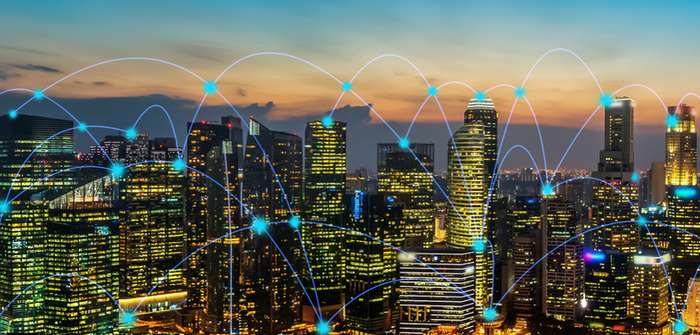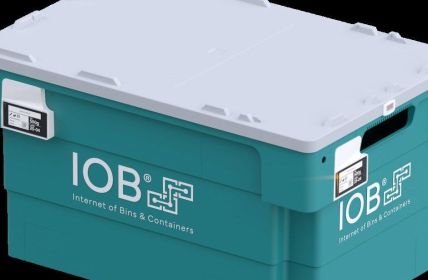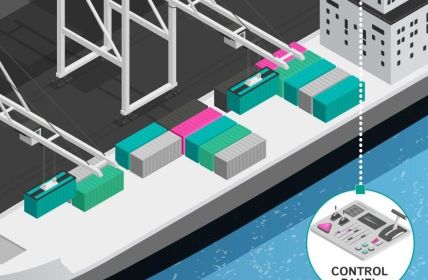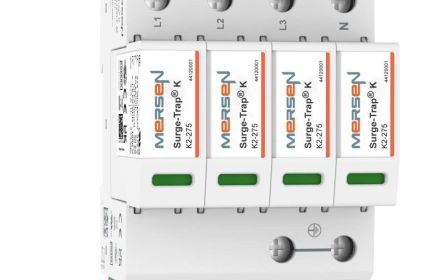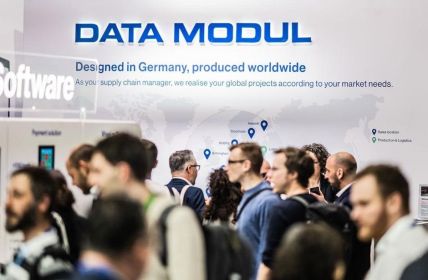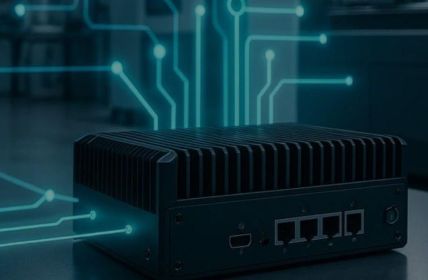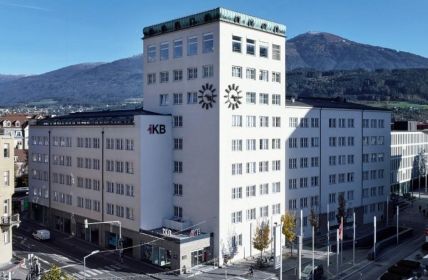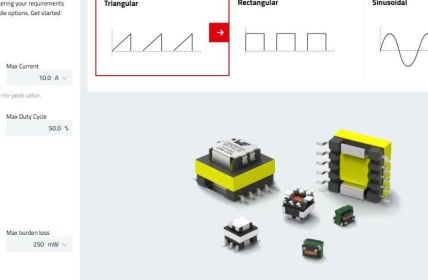The smart city is no longer a product of the future. Many municipalities have already developed digital solutions – from smart public transport to online administration. However, this is still less well known, in contrast to the smart home. According to Christian Rauch of the Federal Institute for Research on Building, Urban Affairs and Spatial Development (BBSR), the smart city is also more of a creeping process than a revolution.
Table of Contents: What awaits you in this article
Smart city: What is meant by it?
Christian Rauch predicts the smart city: “Much is already being implemented. Smart applications will one day be part of municipal public services like water or electricity.” But what does it actually mean?
The BBSR understands it to mean “the equipping and upgrading of cities and their infrastructures with digital technology, as well as the linking of previously separate infrastructures or their subsystems.” In the context of the smart city, technologies such as the IoT, drones, robots as well as artificial intelligence (AI) play a role.
People should be at the center
Rauch emphasizes that the focus here should always be on people. “The smart city uses digital processes to create added value.” He says it is about clean air, better energy management, inclusion, climate neutrality as well as resource efficiency.
Sustainable urban development is the keyword given by Jens Libbe of the German Institute of Urban Affairs (Difu). He explains, “Many projects are embedded in large strategies and are intended to contribute to a better quality of life.” Examples include parking apps, sharing services, intelligent guidance systems for emergency vehicles, and telemedicine.
What infrastructure is needed?
Oliver Rottmann from the Competence Center Public Economy, Infrastructure and Services of General Interest at the University of Leipzig considers an expanded IT and communications infrastructure as well as good broadband and public WLAN availability to be necessary. Sensors distributed throughout the city would enable extensive collection of data, which would then be available for urban development in the interests of the citizens, according to Christian Rauch.
Steffen Braun of Fraunhofer IAO mentions the relevance of open technology in this context. Diverse established systems such as Lorawan or sensor technology should be set up to be future-proof and then develop further with the state of the art.
What are the drivers of development?
Rottmann explains, “Smart city approaches are not usually developed and implemented by individual companies, but take shape in networks, at the interface of technologies and industries, and with the involvement of citizens or end users.” In this process, he says, business and technology companies are just as involved as the public sector, science and the construction industry. For Rauch, municipal administrations and politicians are also among the players.
In addition, medical care facilities, educational institutions and municipal companies should be involved. The participatory aspect is underlined by Jens Libbe: Citizens would have to be involved as much as possible.
Smart city: data security is a priority
In a smart city, enormous amounts of data are collected. Naturally, the concern of misuse arises among people. Consumer data or information about social problems should not fall into the wrong hands under any circumstances. In this context, Libbe points to the good data protection in Germany. In addition, the federal government has set guidelines in a smart city charter. Libbe adds, “The municipality also has no interest in disclosing sensitive data.”
Citizen acceptance is significant
Rauch states that the handling of data must be kept transparent for citizens. In addition, the benefits for people as well as urban society should be highlighted. According to Braun, it is advisable to recognize the collected data as resources for the common good. He further explains, “For the successful digitization of urban processes, it always depends on who is in charge and for what purpose data is used.”
Rottmann therefore believes that it should remain in municipal ownership. He also advises initially developing applications that have a recognizable practical benefit for citizens right away.


